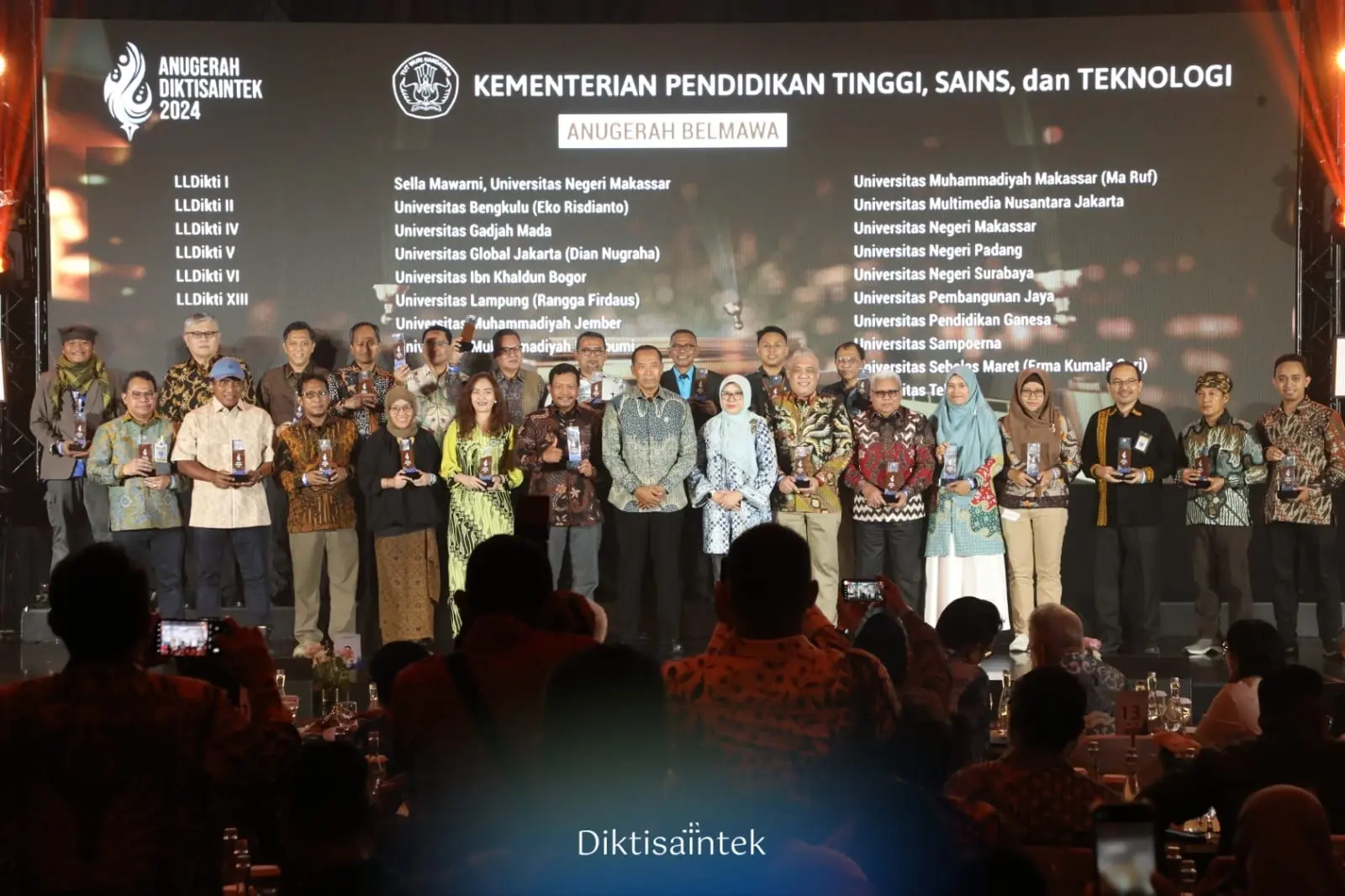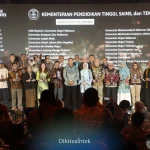15 Dec 2021
Japan’s Energy Transition towards Zero-Emissio
News & Event,
News & Events Faculty of Engineering & Technology,

Fossil fuel, such as coal, gas, and oil, has been powering the world’s economic engines and it is the most consumed energy to produce electricity or vehicle fuel for more than a century. However, it also has been generating more carbon emissions that worsen the earth’s climate changes. The top ten countries to produce the most CO2 emission are China, the USA, India, Russia, Japan, Germany, Iran, South Korea, Indonesia, and Saudi Arabia. Therefore, to anticipate an energy crisis that might happen in the future, the process of the energy transition is currently in motion.
The energy transition is a pathway toward transforming the global energy sector from fossil-based to zero-carbon or renewable energy-based. This action is expected to generate less dependency on fossil fuels in the future. The keys to gain a smooth energy transition are coming from: technology innovation to increase energy efficiency and reduce the cost to be more competitive, government policy such as FIT scheme and carbon tax, and citizen behavior. An example of a country that has applied a smooth energy transition is Sweden, with nuclear power and bioenergy as the most utilized.
It is an honor for the Faculty of Engineering and Technology at Sampoerna University to have Mr. Dedy Eka Priyanto as the guest lecturer. He spoke of Japan’s Energy Transition towards Zero-Emission on the virtual Senior Colloquium. “Hope it can provide insight about global energy, how important energy transition is, and future energy innovation to gain a better world,” uttered Mr. Dedy.
Currently, Mr. Dedy is the sitting senior consultant of energy and infrastructure at KPMG Consulting Japan after spending seven years as a researcher in IHI Corporation Japan. He is also active as vice chairman in the Keluarga Masyarakat Islam Indonesia (KMII) community in Japan. Mr. Dedy achieved his bachelor’s, master’s, and doctoral degrees in Chemical Engineering at Kyoto University by acquiring a Monbukagakusho scholarship and Mitsubishi Corp. Scholarship. He has also received the Paper Award from the Japan Energy Institution in 2019.
Mr. Dedy explained that Japan’s roadmap to zero-carbon emission began when the Japan Fukushima disaster happened in 2011. Before the accident, Japan had actively promoted nuclear technology and relied on nuclear power due to the smallest amount of fuel needed and the cheapest electricity cost offered. However, the accident had led to three nuclear meltdowns, three hydrogen explosions, and the release of radioactive contamination. Because of that, nuclear power was shut down and dramatically decreased, while natural gas and renewable energy started to grow rapidly.
Japan introduced a Feed-in tariff (FIT) scheme with a higher inclusive/selling price than fossil fuels to encourage the private sector to build renewable energy power plants, particularly solar power plants, considering their short installation times. Under this scheme, consumers need to pay more for getting renewable energy electricity as it is not subsidized by the government. This kind of energy liberalization is beneficial for consumers as they may choose pricing that suits their lifestyle, new services by the company (e.g., electricity bundle package), services focused on renewable energy, and local production for local consumption. Now, generation and retail markets are already fully liberalized in Japan. However, the transmission sector was legally unbundled from the power generation sector in 2020 to enhance fairness.
The birth of JEPX (Japan Electric Power Exchange) in 2005 brought to the wholesale electricity markets where power generation companies and retail companies buy and sell electricity. Next, large-scale reduction in greenhouse gas emissions through innovation and international collaboration will be the ambition, essential, or key for energy transition and decarbonization in Japan. For that, it is necessary to realize a virtuous cycle of environment and growth through disruptive innovation in any sector (e.g., transportation, industry, power, consumer, or household sector). Besides, environment education (i.e., introducing the topic of SDGs and decarbonization) implemented in Japan’s formal education since the 2000s will also actively supports the goal of zero-carbon emission in Japan.
“What is lacking in Indonesia compared to Japan in achieving zero-carbon emission is that there are no clear government policy and scheme for producers and consumers who would like to use renewable energy which generates a lower usage of it. Meanwhile, in Japan, the government is fully supporting and spreading renewable energy technology innovation. Fortunately, Indonesia’s government has considered the FIT scheme now, but I am not sure Indonesian people are ready. Maybe the government needs to increase Indonesian people’s awareness and openness by giving both formal and informal education related to renewable energy and electricity soaring price from beginning as effectively implemented in Japan.” Remarked Mr. Dedy.
At the end of his lecture, Mr. Dedy took the time to give assignments to SU FET students about what is the strategy/roadmap for Indonesia to achieve zero-carbon emission in 2060 (e.g., technology or government policy strategy), how to increase awareness of Indonesian people about zero-carbon emission, and how mechanical engineers can contribute to achieving the zero-carbon emission goal.
To achieve your dream as a researcher, start your journey at our Faculty of Engineering and Technology (FET). Click [here] to learn more about the faculty and all of its available study programs. Start your Sampoerna journey now!





